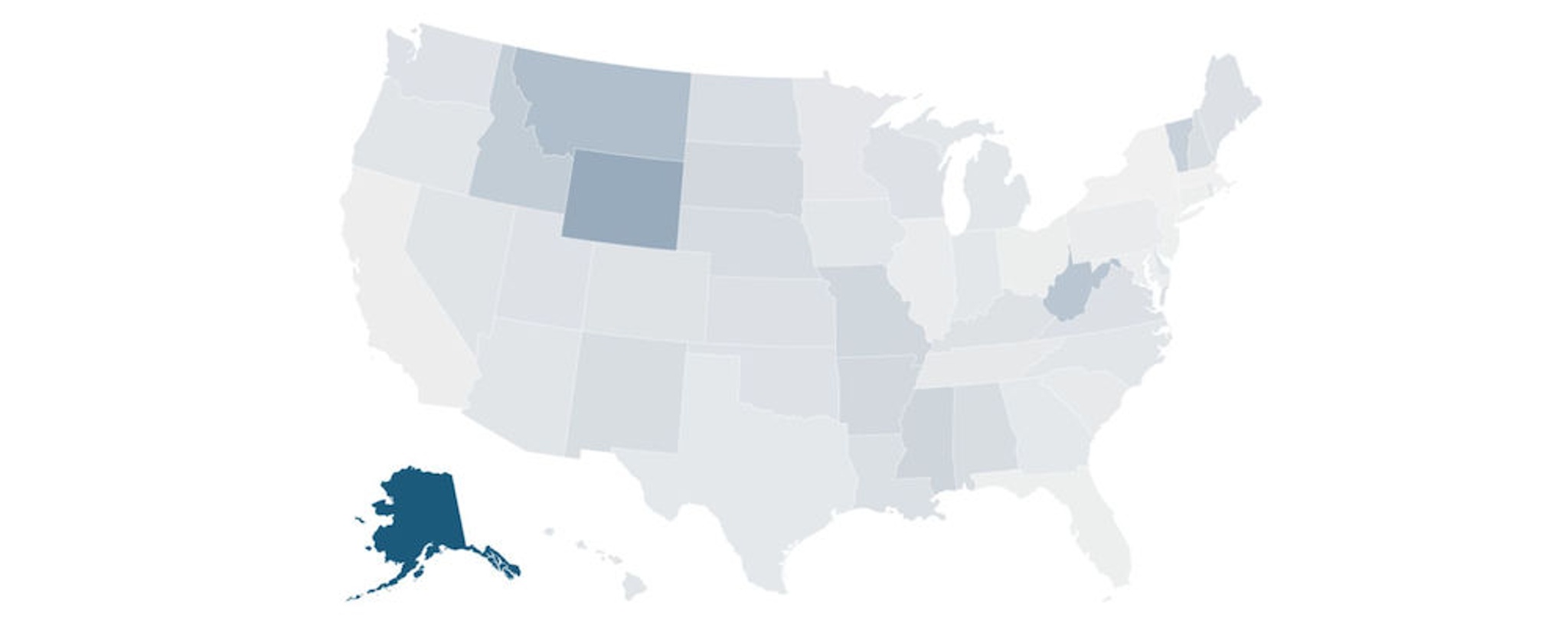Broadband Access and Regulation
Navigate forward to interact with the calendar and select a date. Press the question mark key to get the keyboard shortcuts for changing dates.
Navigate backward to interact with the calendar and select a date. Press the question mark key to get the keyboard shortcuts for changing dates.
ITIF supports policies that encourage private investment in broadband infrastructure, improve affordability and digital inclusion, and enhance the development of all broadband technologies, including fiber, cable, terrestrial wireless, and satellite. We advocate for light-touch regulation to sustain innovation, support mergers that deliver consumer benefits, and ensure a level playing field for private ISPs and American content companies.
Featured
BEAD Needs All Technologies to Succeed

The administration should reform the Broadband Equity, Access, and Deployment (BEAD) program to stop favoring overly expensive fiber when LEO satellites could do the same job for less. Taking a technology-neutral approach to broadband deployment would save money that could be better spent on other causes of the digital divide.
More Publications and Events
March 2, 2026|Events
Tech Policy 202: Spring 2026 Educational Seminar Series for Congressional and Federal Staff
ITIF’s spring seminar course explores core emerging technologies and issues that are reshaping our world and, in the process, creating public policy challenges and opportunities. The course is open to congressional and federal staff only.
February 25, 2026|Blogs
Maryland Broadband Policy Should Help Low-Income Consumers, Not Regulate Rates
Maryland’s proposed broadband price controls for low-income households would undermine investment and fail to solve affordability, leaving vulnerable families worse off than a consumer-focused voucher approach would.
February 19, 2026|Testimonies & Filings
Comments to NTIA Regarding Permissible Use of BEAD Nondeployment Funds
ITIF urges NTIA to use BEAD nondeployment funds to close the digital divide by targeting broadband adoption barriers while rejecting subsidies for profitable private ventures, overbuilding, regulatory inefficiencies, or clawing back funds contrary to the statute’s purpose.
February 11, 2026|Testimonies & Filings
Comments to California Public Utilities Commission Regarding Transfer of Control of Cox to Charter
This merger will be a win for consumers, and regulators should not stand in the way. Critics contend that mergers and acquisitions like this undermine competition. But that is far from the case in the consumer broadband market.
January 30, 2026|Blogs
California’s Public Advocates Office Makes Misleading Claims on Broadband Affordability
California’s broadband affordability debate is being skewed by analysis that ignores real-world consumer use and competition, and risks misdirecting policymakers away from solutions that actually help low-income households.
January 30, 2026|Testimonies & Filings
Letter to FCC Regarding Combating Contraband Wireless Device Use in Correctional Facilities
The Commission should pursue the policy end of preventing contraband phones in a way that complies with the law and properly accounts for the costs and benefits of alternative solutions. Under both rubrics, jamming is unlikely to be the best solution.
January 22, 2026|Blogs
Wireless Network Modernization Helps Reduce Harmful Emissions
Investment in 5G technologies creates immediate benefits for countries reliant on legacy networks and long-term benefits in more technologically advanced countries. Modern broadband technologies are more energy efficient and can help make other industries more sustainable.
January 22, 2026|Blogs
Internet Prices are Falling. Affordability Gaps are Fixable.
Claims that broadband service is becoming less affordable rely on selective data and abstract comparisons, while consumer-level price trends show the opposite—and point to targeted solutions to continue lowering prices for the average household.
January 20, 2026|Testimonies & Filings
Comments to FCC Regarding Facilitating More Intensive Use of Upper Microwave Spectrum
The FCC is right to seek regulatory changes that would facilitate greater flexibility and thus more intensive use of upper microwave spectrum. The NPRM’s proposals should be tailored to maximize parties’ flexibility without pulling the rug out from under parties that have paid for protection from harmful interference.
January 5, 2026|Blogs
Top 10 Tech Policy Pronouncements, Prognostications, and Questions for 2026
If the year ahead in technology and innovation policy lives up to its potential, it could be a consequential one because there is a long list of important issues on the table. Herein, we offer 10 that are on top of our minds.







